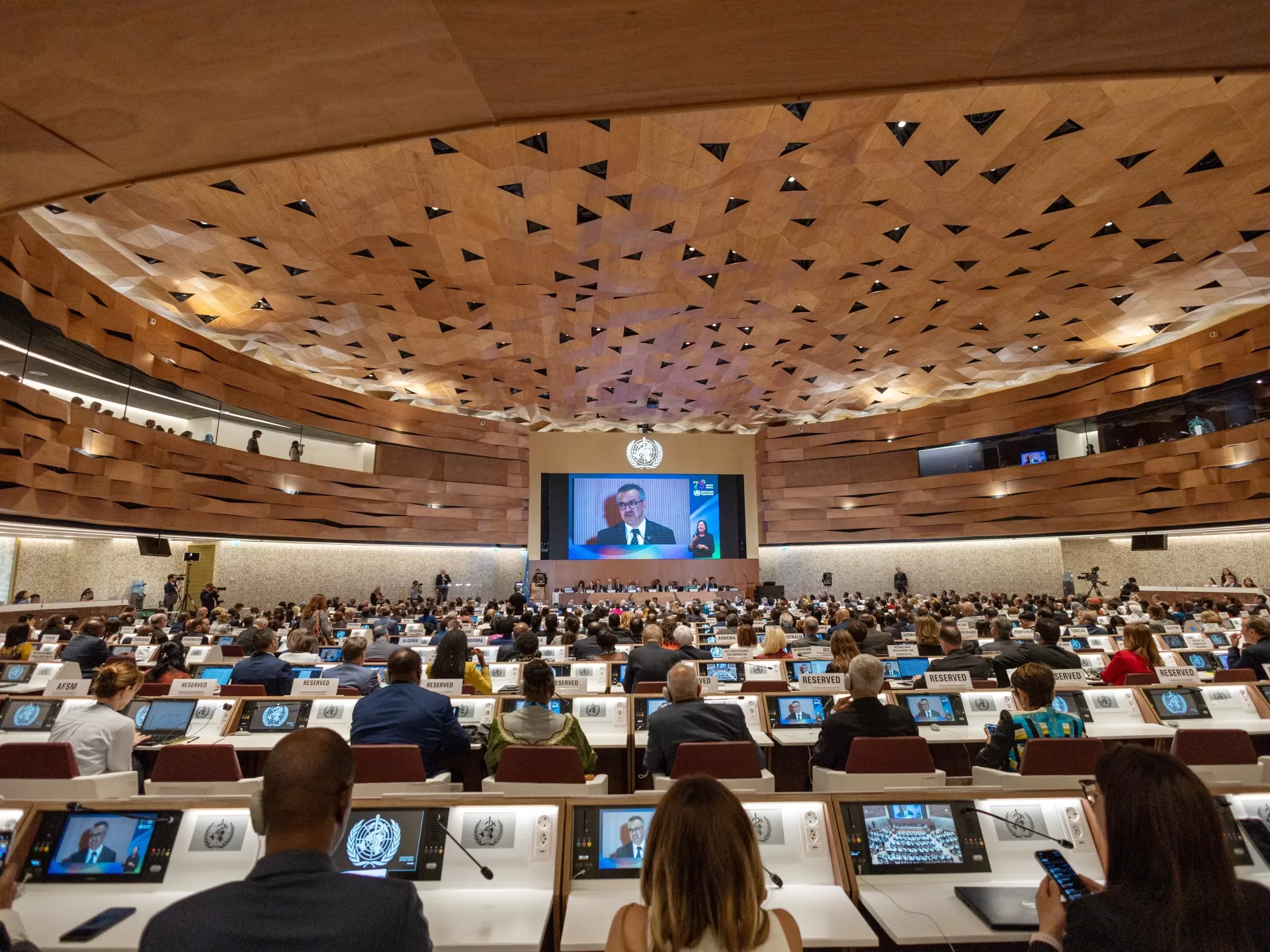At a time when conflicts, politics and economics have wrought destruction, discord and division, sovereign governments have found a way to work collaboratively to forge a new global agreement to protect the world from inevitable future pandemic emergencies.
This essential effort, being driven by hundreds of negotiators tasked by over 190 nations, was launched in the middle of the most devastating event in our lifetimes.
Based on official counts, COVID-19 left more than 7 million dead. But the real death toll is likely much higher. The coronavirus pandemic also wiped billions, if not trillions, from the global economy. Social upheaval – from job losses to school closures – scarred communities worldwide.
At the height of this disaster, with hospitals around the world crowded with patients being cared for by overstretched health workers, more than two dozen world leaders came together to issue a global call for unity.
They said the world must never again be left so vulnerable to another pandemic. They concurred that governments must never again fail to cooperate in sharing vital information, medical equipment and medicines. And they stressed that never again can the world’s poorest countries and communities be left at the end of the queue when it comes to access to life-saving tools like vaccines.
Equity, we said then, and continue to say now, must be our guiding light.
What was needed, the presidents and prime ministers said then, was a historic compact that commits countries to work together, across frontiers, recognising that deadly viruses do not respect the borders, do not see race, and do not recognise wealth.
This spurred a decision, by the 194 Member States of the World Health Organization, to undertake two landmark, parallel efforts: to start negotiating a first-ever pandemic agreement to prevent, prepare for and respond to pandemics, while at the same time making a series of targeted amendments to the existing International Health Regulations, the global playbook which countries use to detect, alert and respond to public health emergencies.
These efforts were launched during a time when social and political division and polarisation were creating seemingly impenetrable barriers between many countries.
But rather than succumb to geopolitical pressures, these government-led efforts have brought nations together to make the world safer from the next pandemic.
The outcomes of these vital negotiations are scheduled to be considered at the 77th World Health Assembly that will open in Geneva on May 27.
With the finishing line so close, the stakes facing the world have never been higher. Key issues remain to be resolved, above all, how the pandemic agreement will ensure equity for all countries when it comes to making them ready to prevent or respond to the next pandemic.
“Operationalising” equity has been a regular refrain during the talks.
This entails ensuring countries have assured real-time access to the capacities needed to protect their health workers and communities from a pandemic threat, so that we do not see a repeat of the inequities in access to vaccines, diagnostics, therapeutics, personal protective equipment and other vital tools.
Operationalising equity is also about making sure all countries have strong health systems that are prepared to respond to future pandemics, wherever they may emerge.
Global health security depends on ensuring there are no weak links in the chain of defence against pathogens with pandemic potential. Global health equity is key to ensuring that every link in the chain is strong.
All of this requires collaboration between countries to share what is needed, from pathogens and diagnostics, to information and resources. And this can be secured only if political leadership focuses on global cooperation, not narrow nationalism.
The pandemic agreement provides the foundation on which to build the world’s future collaborative approach to prevent the next pandemic threat.
It is not a piece of paper. At its heart, it is a life-saving instrument that will set out how countries will engage with each other to protect their populations, strengthen public health and avoid unnecessary disruptions to societies and economies.
At a time of such global friction and tension, I salute all efforts by the international community to grasp this unique opportunity to make the world safer from pandemics. The weight of this shared responsibility is matched by the benefits that a strong agreement will provide for the health and security of all.
The views expressed in this article are the author’s own and do not necessarily reflect Al Jazeera’s editorial stance.
